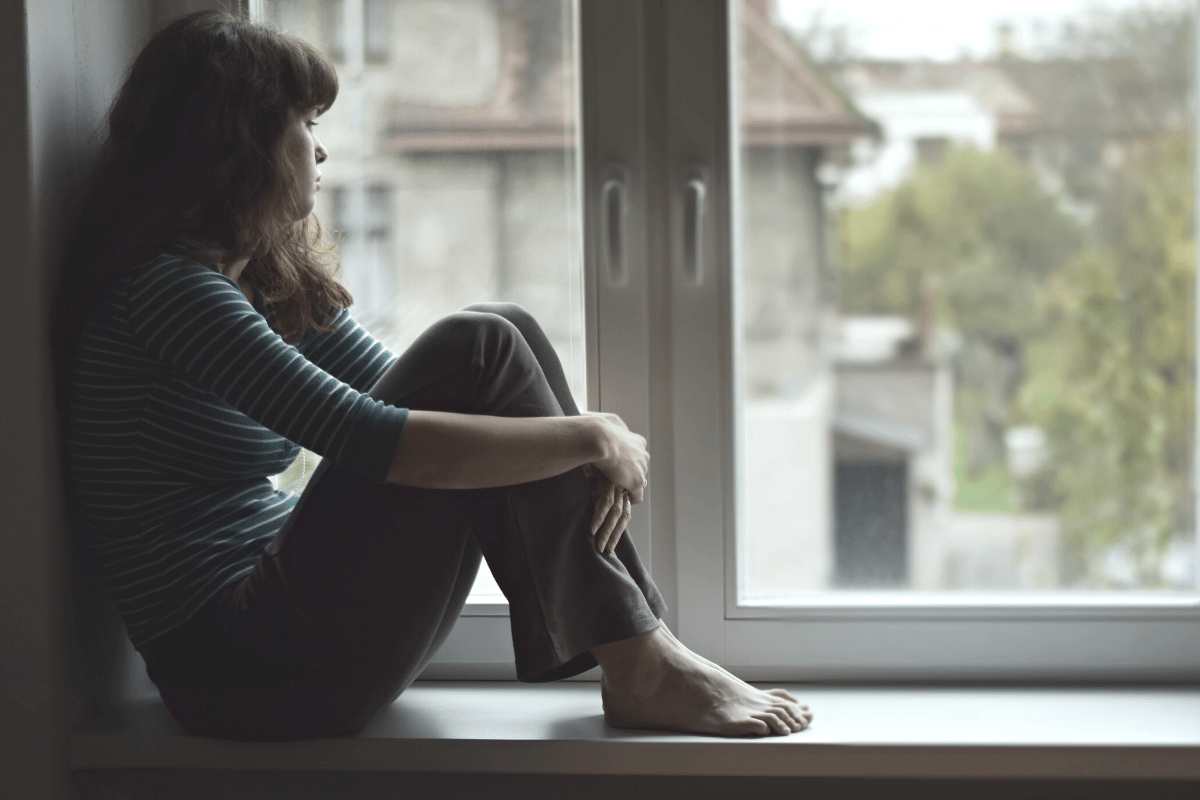
$18,000 and 141 hours.
That's how much on average it costs an Australian woman to leave a violent relationship. Not to mention the emotional and mental toll as well.
For some women, it costs them less. Others it can even cost them more. Not to mention the fact, that for some women, their act of courage can cost them their lives.
The Australian Government offers just $5000 to victim-survivors fleeing abusive relationships. And that's $5000 to only the victim survivors who can essentially 'prove' their victim status and high-risk environment.
Watch: Women and violence: the hidden numbers. Post continues below.
This week, following mounting pressure to respond to the violence against women epidemic, Prime Minister Anthony Albanese made a $925 million pledge to expand a financial support scheme for women fleeing violent relationships.
Albanese said the scheme will be available over five years from July 2025, and it's expected to help 36,700 women a year with $5000 one-off payments, of which $1500 is in cash and $3500 comes on a pre-paid card for goods and services.
The irony though, is that a similar scheme to this one already exists in some states and territories — and victim-survivors say that accessing the benefits of the scheme has proven difficult.

Top Comments